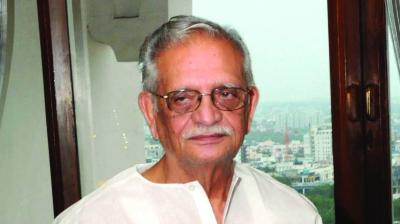Smallest machines bag the Nobel for Chemistry
Professor Bernard Feringa of the Netherlands (in the picture), Jean-Pierre Sauvage of France and J. Fraser Stoddart of Britain won the Nobel Chemistry Prize on Wednesday. (Photo: AFP)
Professor Bernard Feringa of the Netherlands (in the picture), Jean-Pierre Sauvage of France and J. Fraser Stoddart of Britain won the Nobel Chemistry Prize on Wednesday. (Photo: AFP)
Jean-Pierre Sauvage of France, J. Fraser Stoddart of Britain and Bernard Feringa of the Netherlands won the Nobel Chemistry Prize on Wednesday for developing molecular machines, the world’s smallest machines.
“They have developed molecules with controllable movements which can perform a task when energy is added,” the jury said. Molecular machines will “most likely be used in the development of things such as new materials, sensors and energy storage systems,” it said.
The first step towards a molecular machine was taken by Sauvage in 1983, when he succeeded in linking together two ring-shaped molecules to form a chain. Normally, molecules are joined by strong bonds in which the atoms share electrons, but in the chain they were instead linked by a freer mechanical bond. “For a machine to be able to perform a task it must consist of parts that can move relative to each other. The two interlocked rings fulfilled exactly this requirement,” the Nobel jury said.

















